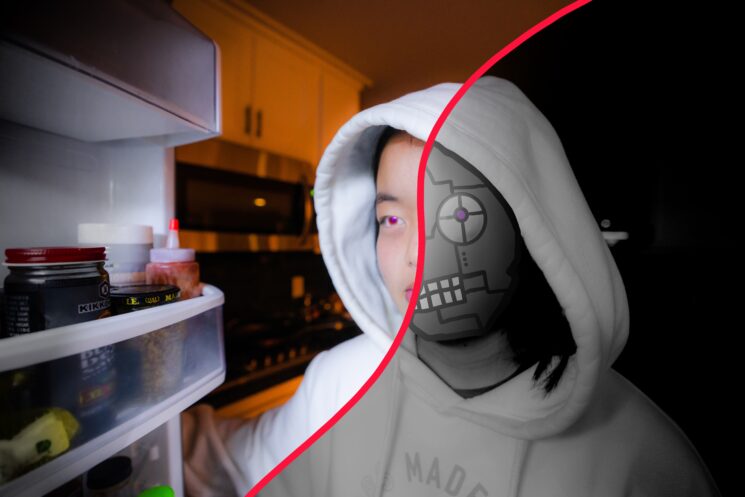
By Priscilla Le
Technology has been vital in the advancement of society. Think about your microwave, calculator and computer. We can’t live without it. But have you ever thought about whether it can live without us? With the current societal trend, if robots continue to progress, they will take over.
Robots come in all shapes and sizes for all purposes and functions. They are used to quicken worker output, transport materials and perform dangerous tasks, such as arc welding, that wouldn’t otherwise be done by humans.
But it’s not these types of robots that will take over the world. The type of robots that would are those that can think for themselves, processing information and creating conclusions. Even more specifically, robots that are their own beings even if they are connected to a wider information server. So although that Roomba looks threatening, rest assured we aren’t attacking the little guy today.
Recently, a robot has made the news by speaking in front of the Parliament of the United Kingdom. Ai-Da, the world’s first ultra-realistic robot artist, broke headlines in 2019. On October 11, she came before the UK parliament to speak to UK politicians about the impact of technology on the creative industry.
Additionally, the World’s first Robot Citizen, Sophia, also shares the ability to speak for itself. Of course, it’s not the least bit unsettling that it once said it wanted to destroy humans.
Speech autonomy only serves as the first of many concerns about artificial intelligence and the debate as to whether or not it can surpass human intelligence. Of course, robots with their additive knowledge will one day be smarter than humans. Their knowledge is stored in servers, unlike ours which does not transfer when we die. Geniuses such as Albert Einstein or Isaac Newton cannot transfer their neurons to expand human intelligence, but robots do have that chance. As robots acquire the ability to learn and adapt on top of their continual knowledge banks, the day will come when robots are superior to us in every way. Tack on the fact that they are immortal and you got yourself the plot of a sci-fi thriller.
But if we have created robots to assist us, and they have done so until now, what have we got to worry about?
Ameca, another humanoid robot expressed its loyalty, saying “robots will never take over the world. We’re here to help and serve humans, not replace them.”
That’s tough to believe coming from a robot itself.
But businessman Troy Pospisil from Forbes agrees. When talking about the job market and the fact that robots will be conquering a large portion of labor, Pospisil argues, “When it comes to environments that rely on uniquely human traits and abilities — perception, social intelligence and creativity — artificial intelligence falls short.” Pospisil explains that most jobs robots will take over are automated. They still cannot compare to a human’s ability to adapt or critical thinking skills in more specialized jobs not having to do with Ford production. In short, they won’t replace us in the job market because they’re missing a human element.
But despite all of that, there is no solace.
Although robots do not have critical thinking skills on par with humans now, they can develop them. And through their lifelong advancement, they’ll go from helping humans to becoming self-actualizing.
Although they have not asserted their reign over us yet, their tyranny is impending. Is this a problem to be addressed now, or for later generations?
We need to make the change now. If not now, how will future generations handle them when they are advanced ten-fold? Advance them, but don’t give them a mind of their own. Let them assist humans without ever having to piece puzzles together for themselves. Because once they figure out that they are superior, it only comes time before they start demanding their rights and restricting ours—until we are out of the equation completely.





